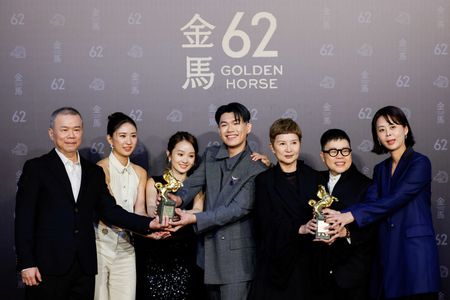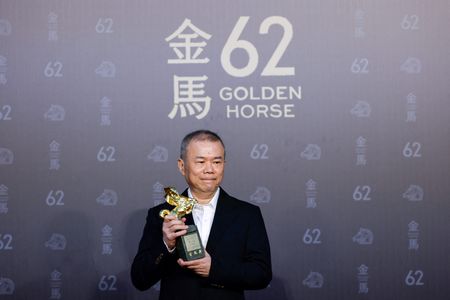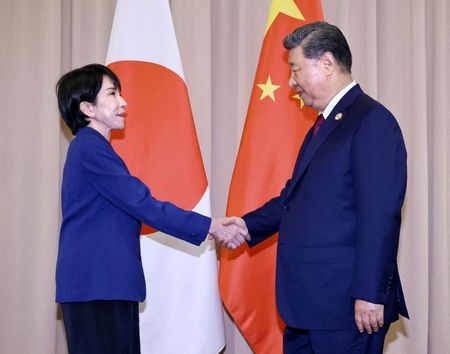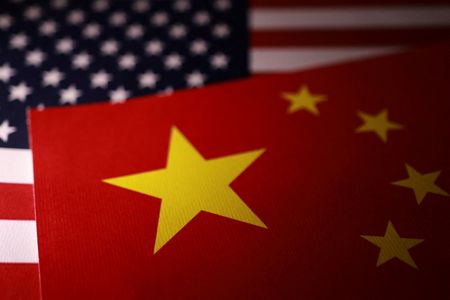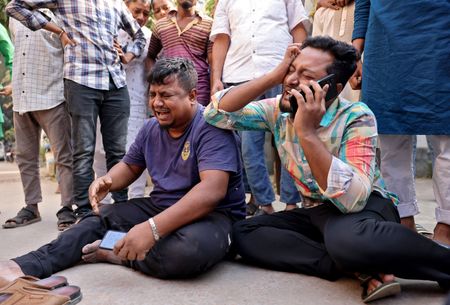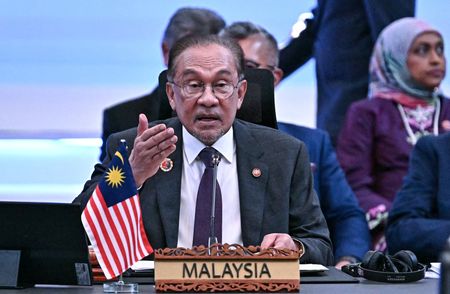TAIPEI (Reuters) -A film about the early part of Taiwan’s often brutal martial law era won best picture on Saturday in Taipei at the Golden Horse awards, the Chinese-speaking world’s version of the Oscars.
Free from the widespread censorship of China, Taiwan’s Golden Horse awards typically attract a diverse selection of films from across the Chinese-speaking world.
“A Foggy Tale” had led the nominations for the 62nd Golden Horse Awards with 11 nods, and won the top honour.
Set during the start of Taiwan’s 1949-1987 martial law era, which is referred to as the “White Terror”, the movie follows a young girl who tries to reclaim the body of her executed brother.
“Taiwan’s democracy allows diverse national narratives to coexist, different viewpoints to be debated,” Taiwan President Lai Ching-te, who saw the film at a cinema on Friday evening, wrote on his Facebook page.
“As long as there is freedom, more great films will be born,” he added.
Meanwhile, best actress went to China’s Fan Bingbing, playing a spiritual healer and exorcist in the Malaysia-set “Mother Bhumi” and directed by Malaysian Chong Keat Aun.
Fan, who was not in Taiwan for the ceremony, offered her thanks for the award by telephone after Chong called her live from the stage.
Fan disappeared from public view in 2018, prompting international speculation about her whereabouts, before Chinese authorities handed her an 883 million yuan ($124.25 million) fine for tax evasion months later.
She returned to cinema in 2023 in “Green Night”.
China, which claims democratically governed Taiwan as its own territory, in 2019 blocked its movie industry from officially participating in the Golden Horse Awards, which take place annually in Taiwan.
Beijing’s move followed uproar in 2018 in China and among Chinese stars at the awards ceremony after Taiwanese director Fu Yue made comments in support of Taiwan’s formal independence, a red line for Beijing.
But Chinese films, generally either banned in their home country or with no hope of a public release there, have continued to enter the awards.
($1 = 7.1066 Chinese yuan renminbi)
(Reporting by Yi-Chin Lee, Angie Teo and Ann Wang; Writing by Ben Blanchard; Editing by William Maclean)



